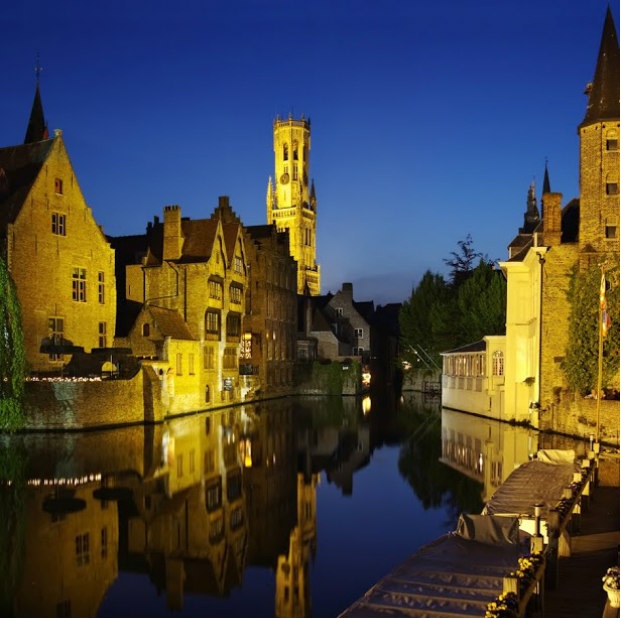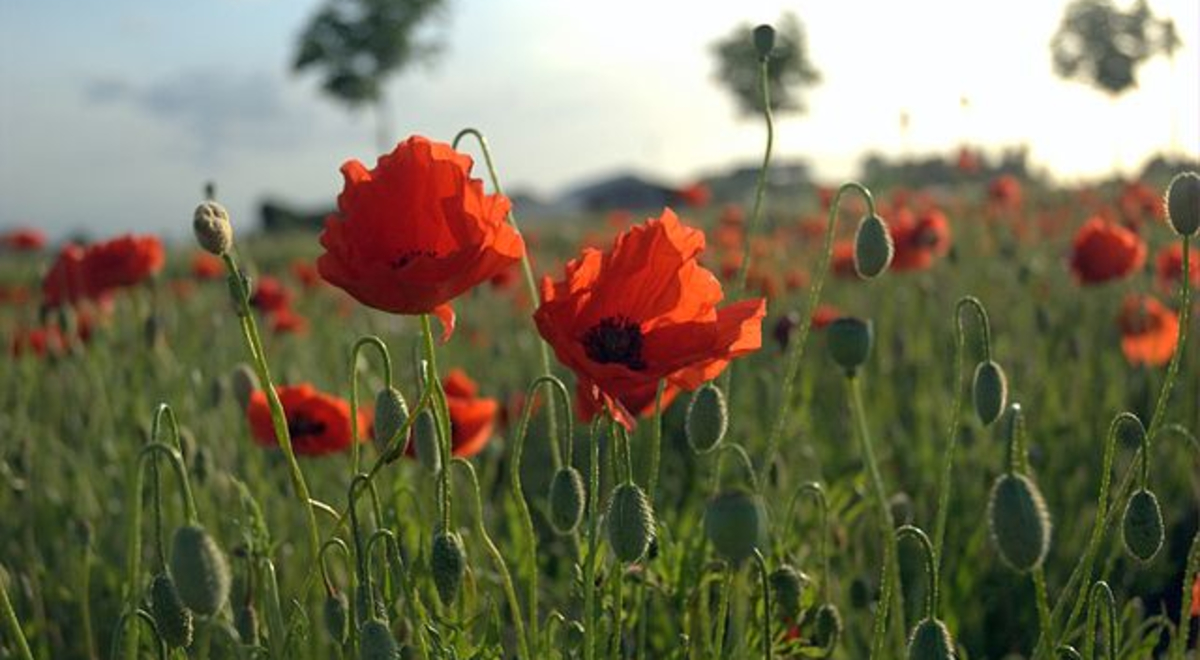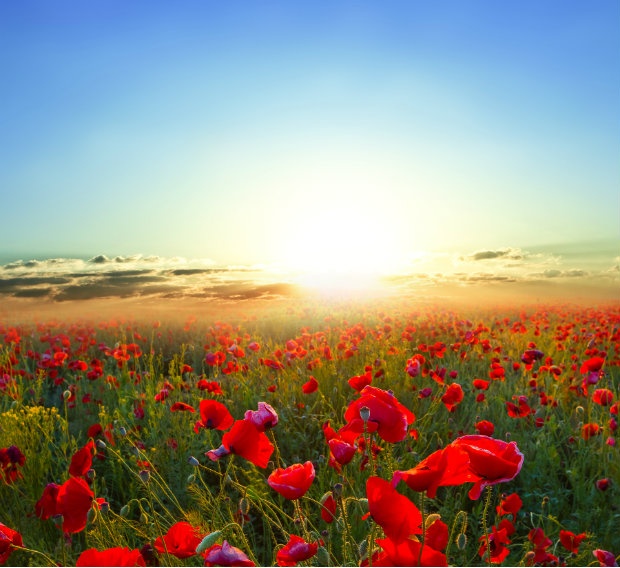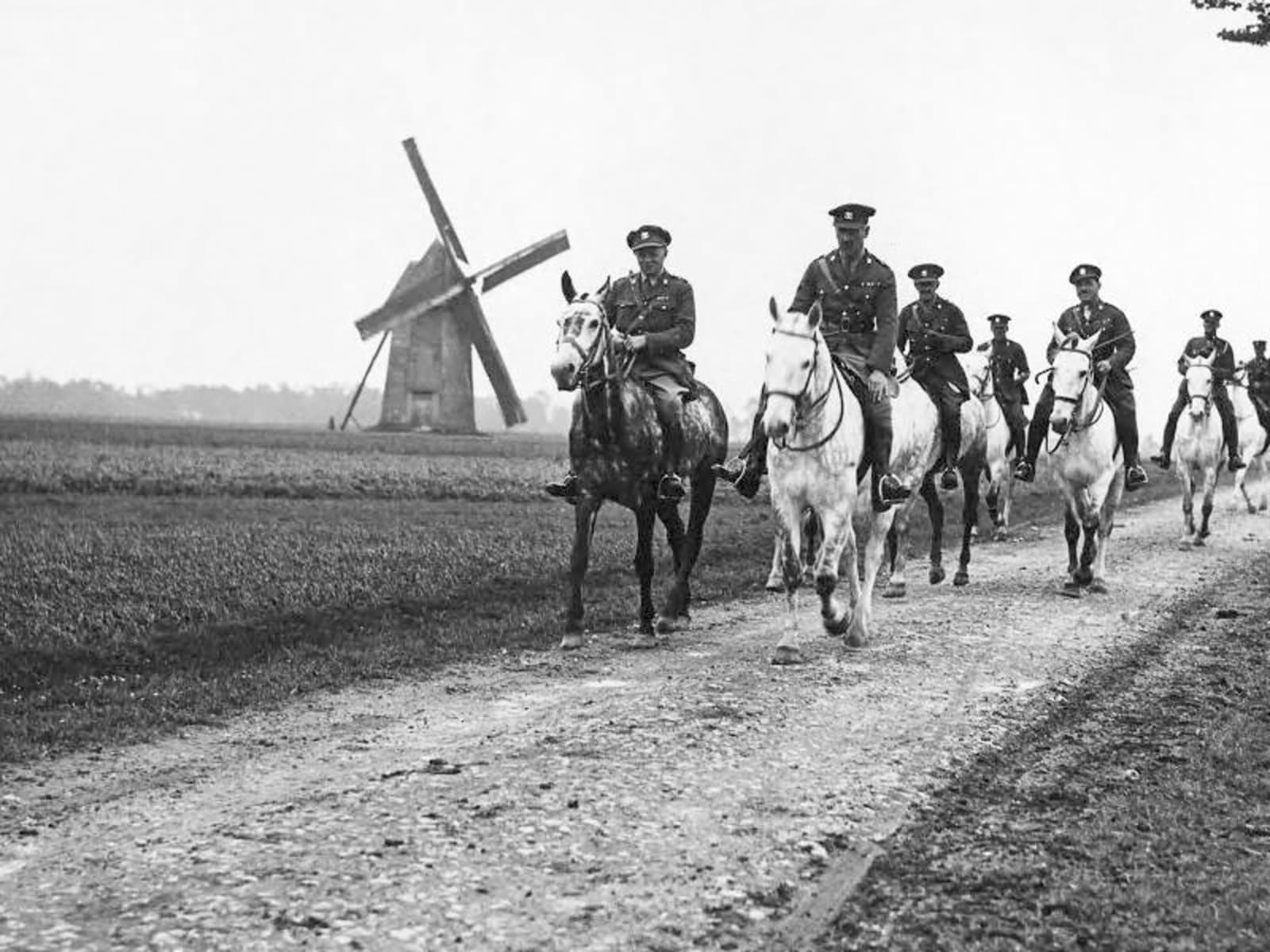This year marks the 100th anniversary of World War I, which grimly began in 1914 and ended in 1918, although its devastating effects were felt for years after. In fact, the Great War, as it was called at the time, continues to play a role in our lives. The present day was shaped by the events of the past; the outcome of World War I contributed to the social freedoms, economic power and democratic privileges we enjoy today. The significant sacrifices and colossal bravery by those on the front lines, to those contributing at home, is easy to forget in our pampered existence, no matter what generation we are.
Canadians were a major part of WWI and we also suffered huge loss— 61,000 killed and countless severely injured. This is a staggeringly large number, especially given Canada's sparse population compared to present day, wiping out a significant portion of its future. Canada's greatest WWI victory was at Vimy Ridge, as we were the major combatants of this historic battle, employing technical and tactical advancements with a heavy dose of determination and valiance. Today, Canadians can pay their respects at the Canadian National Vimy Memorial, situated at the site of the battle.
Fortunately, there is great interest concerning WWI’s centenary, with Canadian newspapers devoting sections and series to the cataclysmic event, profiling the role of fiercely courageous men, women, even animals (more on that later!) during wartime. Flight Centre is busy booking commemorative tours to Western Europe, taking you into the trenches of history, literally. France, Belgium and England are not only immensely beautiful destinations, but significant battles were fought on those soils. Travellers to these places will unearth a rich history of World War I.
There has also been fuelled interest in researching one’s ancestry, through independent online searches or popular websites devoted to ancestral archives. For those of us who had relatives in WWI, visiting battlefields like Ypres, Vimy Ridge, Lippe and Flanders Fields are a profound tribute to our ancestors. Once bloodied battlefields are now living museums, and while there is an abundance of natural beauty in coastlines and hilly vistas nowadays, you can easily travel back in time in your mind’s eye to experience the plights of a soldier. Perhaps you were lucky enough to have heard first-hand narratives from a great-grandparent involved in the war and visiting England, France and Belgium would flesh out these familiar stories.
The lessons from our history books are also brought to life by seeing these places in person. We’ve read about the famous fighter pilot Billy Bishop, who became the top Canadian war ace, with an incredible 72 victories and awarded the Victoria Cross. Toronto’s city airport, Billy Bishop Airport, continues to honour this fearless hero. The poem In Flanders Fields, recited every Remembrance Day, was authored by Canadian John McCrae, who was both a soldier and surgeon in the Great War.
Although not renowned like those men’s, some of the Canadian WWI stories I’ve come across are nothing short of astounding. For instance, the Louie brothers, Chinese-Canadians who, despite outright racism by the Canadian government that denied them full citizenship and deemed them inferior, fought tooth and nail before seeing any sort of battlefield. The eldest, Wee Tan Louie, upon being refused admission to the Canadian Army at a Kamloops recruitment office, rode a horse all the way through the Rockies to enlist in Calgary (if you’re anything like me, you may wish to grab a tissue before I proceed!) The devotion to a country with such discriminatory practices at the time is profoundly moving. It’s also a testament to how the war helped shape the welcoming country Canada is today.
We can’t ignore the stories from the home front, too. How Canadians patriotically observed food rationing requests, while others had no choice but to go hungry. Food supplies were low and had to be conserved in a war that seemingly had no end in sight. Women became war heroes in their own right, preparing modest family meals without the beef, bacon and wheat flour that were staples of a soldier’s diet. It is quite poignant to see pamphlets of the time, offering lighter substitutions for heavier fare or reduced sugar recipes (how ridiculous our Weight Watchers regimes would seem to them now.)
Then of course, there were the animals (I promised I’d return to them, didn’t I?) like Bunny the horse. He was the only survivor of the 18 horses the City of Toronto donated to the cause. Horses played a key role in World War I, however many of them didn’t even make it to battle or for work, after treacherous overseas journeys or compromised living conditions. Strawberry-chestnut Bunny fought with Toronto’s 9th battery in 1915’s famed battle of Ypres. It was said that more than a third of its cavalry were killed there, yet Bunny survived, becoming an enduring symbol of hope for Canadians.









